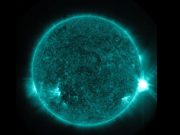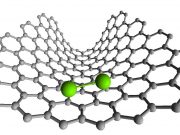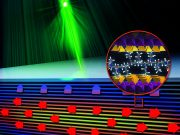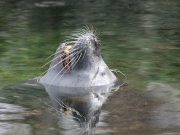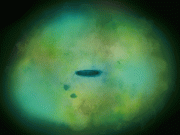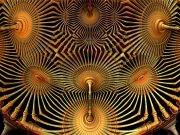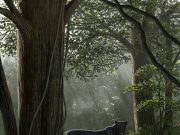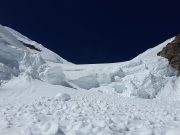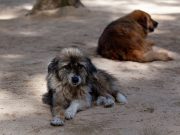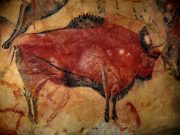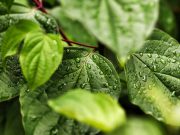Scientists measure the evolving energy of a solar flare’s explosive first minutes
Toward the end of 2017, a massive new region of magnetic field erupted on the Sun's surface next to an existing sunspot. The powerful...
Walking with atoms—chemical bond making and breaking recorded in action
Ever since it was proposed that atoms are building blocks of the world, scientists have been trying to understand how and why they bond...
Material developed which is heat-insulating and heat-conducting at the same time
Styrofoam or copper—both materials have very different properties with regard to their ability to conduct heat. Scientists at the Max Planck Institute for Polymer...
Sea lions yawn due to anxiety
Researchers have analysed these animals for 14 months, concluding that the frequency of their yawns increases immediately after a social conflict among members of...
XMM-Newton discovers scorching gas in Milky Way’s halo
ESA's XMM-Newton has discovered that gas lurking within the Milky Way's halo reaches far hotter temperatures than previously thought and has a different chemical...
How sensitive can a quantum detector be?
Quantum physics is moving out of the laboratory and into everyday life. Despite headline results about quantum computers solving problems impossible for classical computers,...
Human-caused biodiversity decline started millions of years ago
The human-caused biodiversity decline started much earlier than researchers used to believe. According to a new study published in the scientific journal Ecology Letters the process...
Quantum physics: Controlled experiment observes self-organized criticality
Writing in Nature, researchers describe the first-time observation of 'self-organized criticality' in a controlled laboratory experiment. Complex systems exist in mathematics and physics, but also...
New dog, old tricks? Stray dogs can understand human cues
If you have a dog, hopefully you're lucky enough to know that they are highly attuned to their owners and can readily understand a...
Study shows human ancestors could have consumed hard plant tissues without damaging their teeth
Go ahead, take a big bite.
Hard plant foods may have made up a larger part of early human ancestors' diet than currently presumed, according...
Scientists uncover how an explosion of new genes explain the origin of land plants
The new study, led by scientists from the universities of Bristol and Essex and published today in Current Biology, challenge the established view of the...


